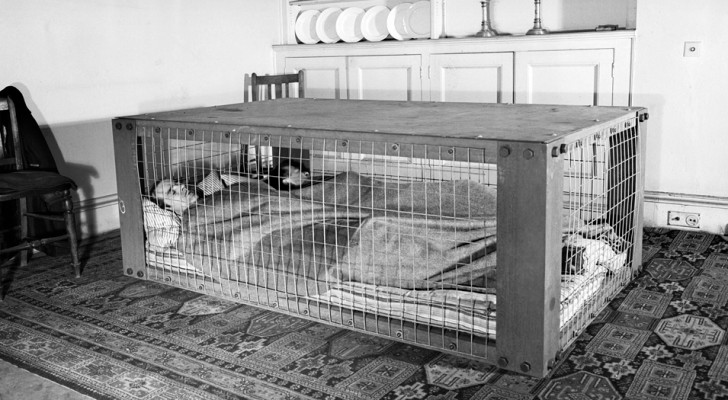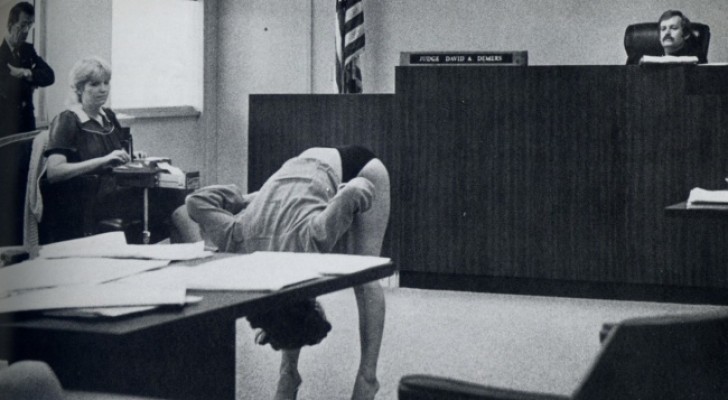A man finds color photographs from 100 years ago! Here are Native Americans in all of their beauty ...
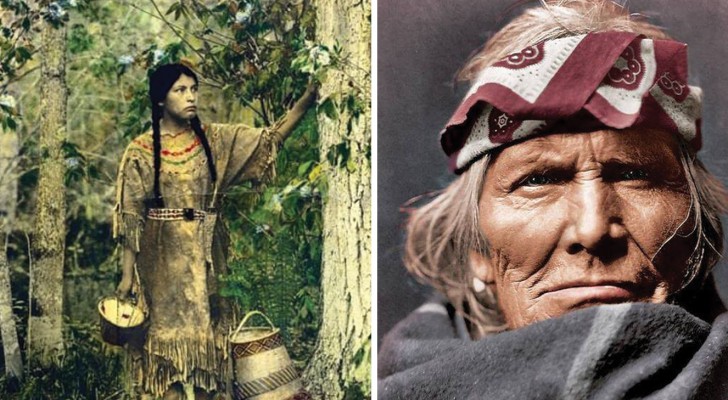
Director Paul Ratner developed a passion for vintage Native American photographs during the research and filming of his movie "Moses on the Mesa" that focused on the story of a German-born Jewish immigrant who fell in love with a woman belonging to the Acoma Pueblo tribe and who became chief of the tribe at the end of 1800.
The filmmaker began collecting and publishing old photographs, some of which were recolored later, others taken and developed with the newly formed Kodachrome process. He himself states that often the descendants of the people portrayed could see the images of their ancestors right on the Facebook page of the film, and this gave him the encouragement to carry on with his work of discovery and cataloging.
Here is a selection of some of these wonderful images, which tell a fascinating story about a world that has almost disappeared.
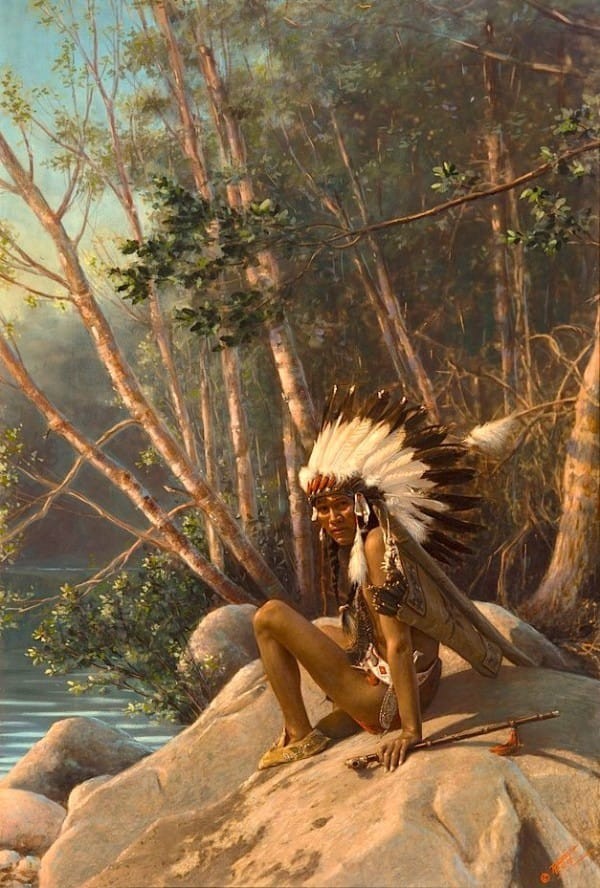
Facebook / Moses on the Mesa (Paul Ratner), Denver Museum of Nature and Science
These images were taken between the end of the nineteenth and early twentieth centuries
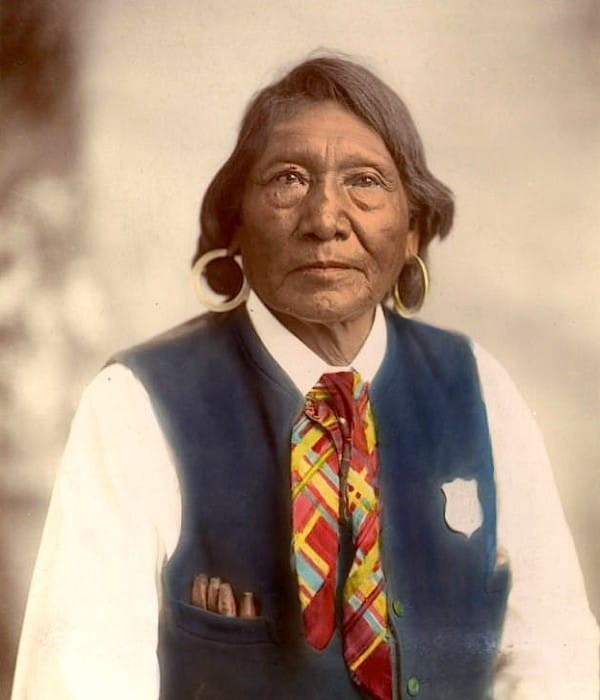
Facebook / Moses on the Mesa (Paul Ratner), Denver Public Library
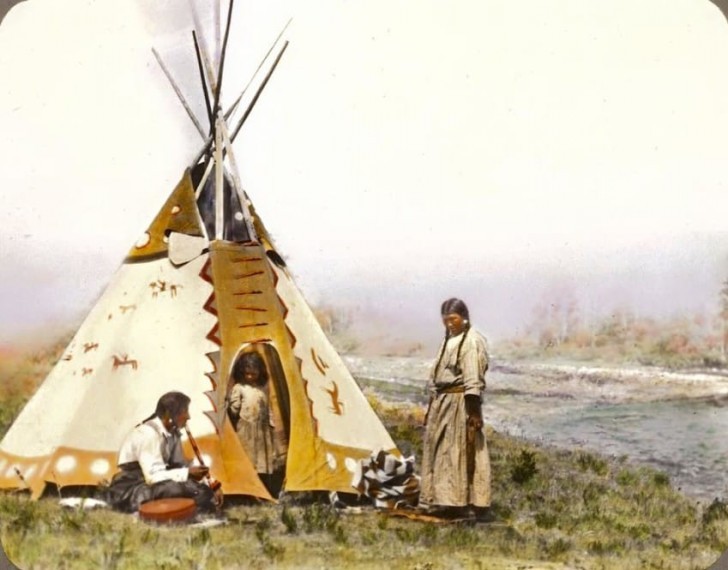
Facebook / Moses on the Mesa (Paul Ratner)
Some photographs were colored later
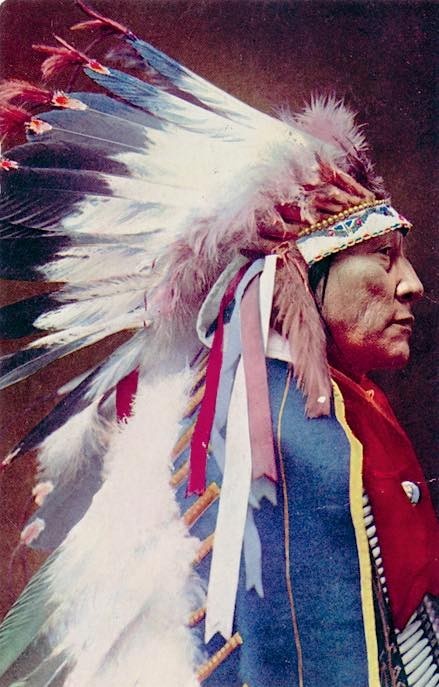
Facebook / Moses on the Mesa (Paul Ratner)
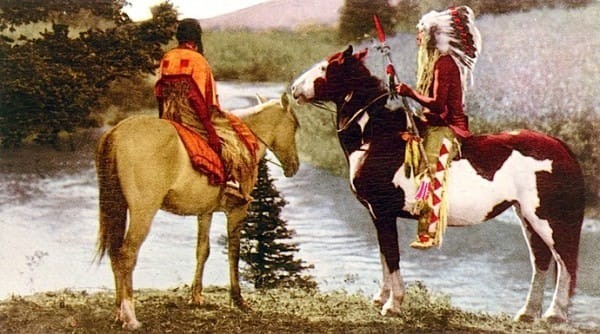
Facebook / Moses on the Mesa (Paul Ratner)
Others photographs were taken with the recently invented Kodachrome process
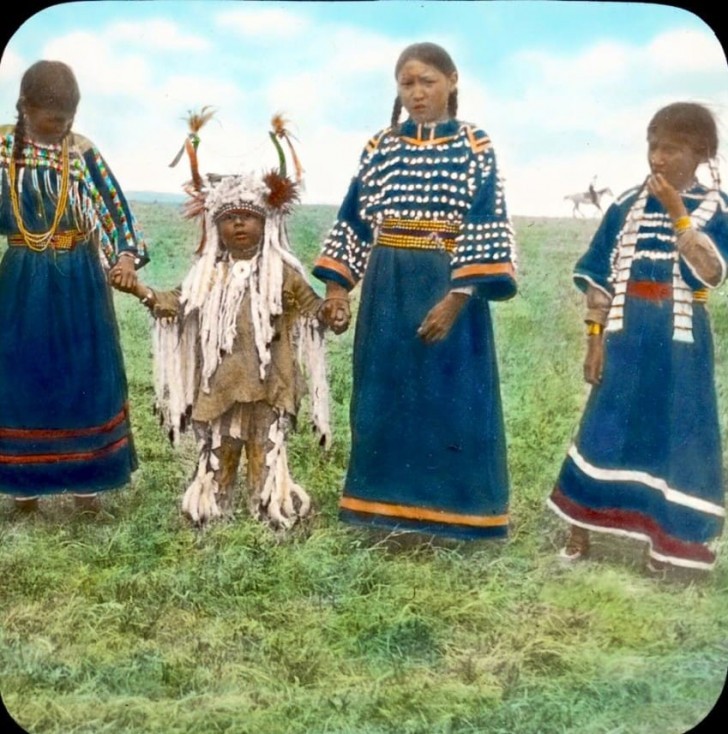
Facebook / Moses on the Mesa (Paul Ratner)
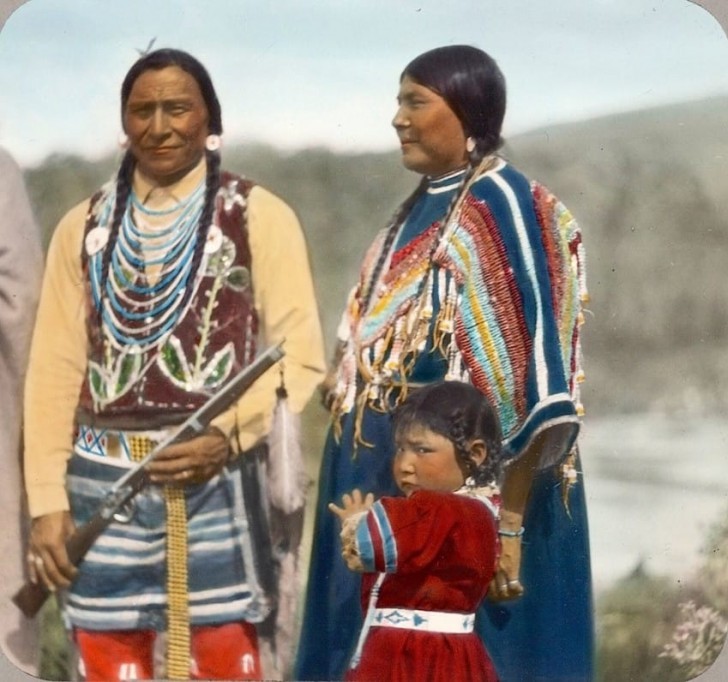
Facebook / Moses on the Mesa (Paul Ratner)
Today, about 22% of all Native Americans still live on Indian reservations
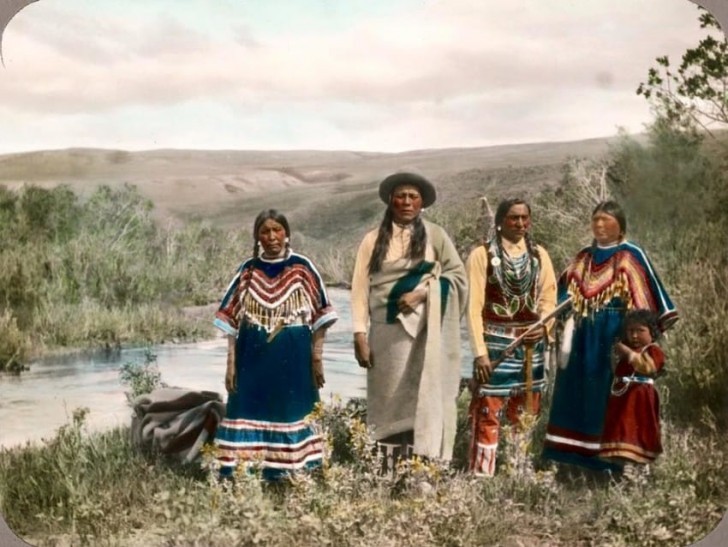
Facebook / Moses on the Mesa (Paul Ratner)
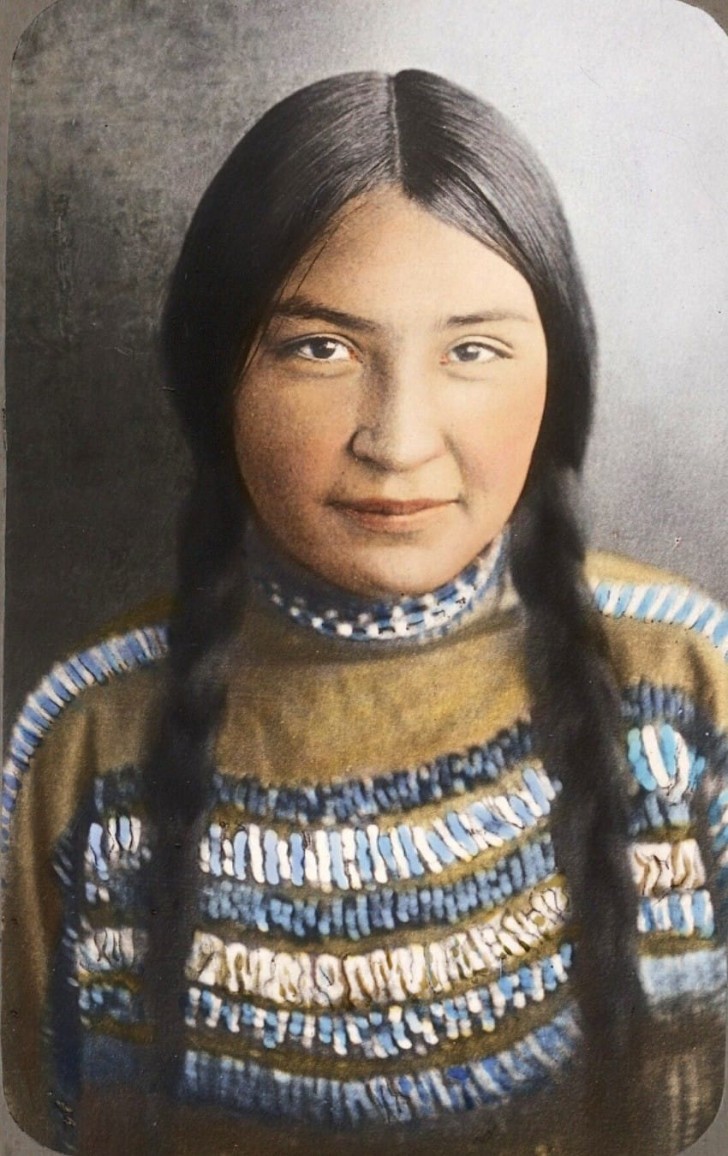
Facebook / Moses on the Mesa (Paul Ratner)
They can keep their traditions and customs but of course, their life has been irrevocably changed.
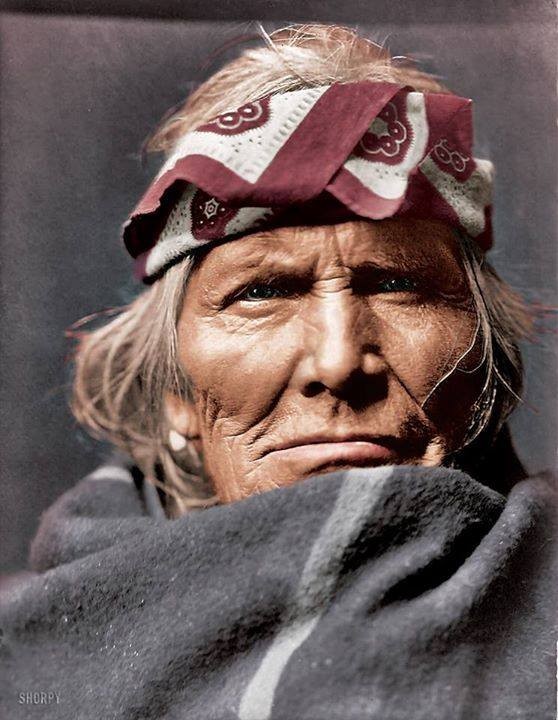
Facebook / Moses on the Mesa (Paul Ratner)
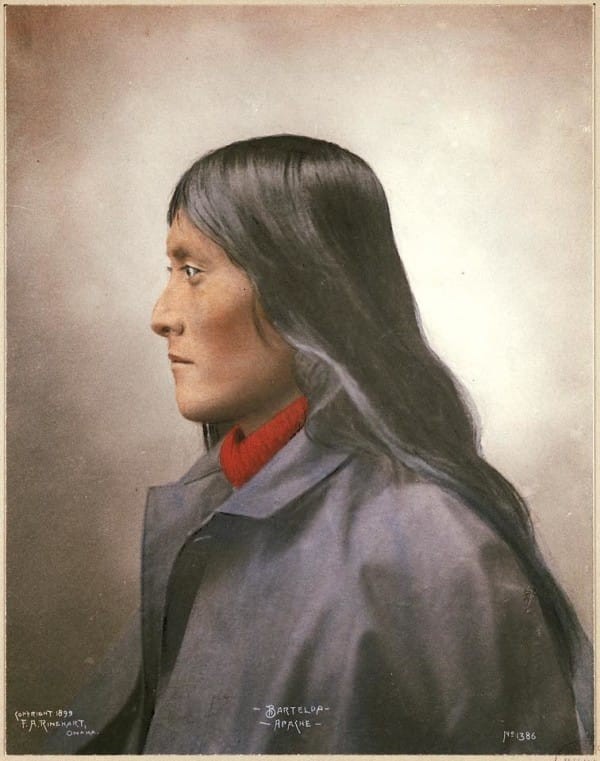
Facebook / Moses on the Mesa (Paul Ratner)
Looking at the photos is incredibly fascinating, but it also evokes a strong sense of sadness.
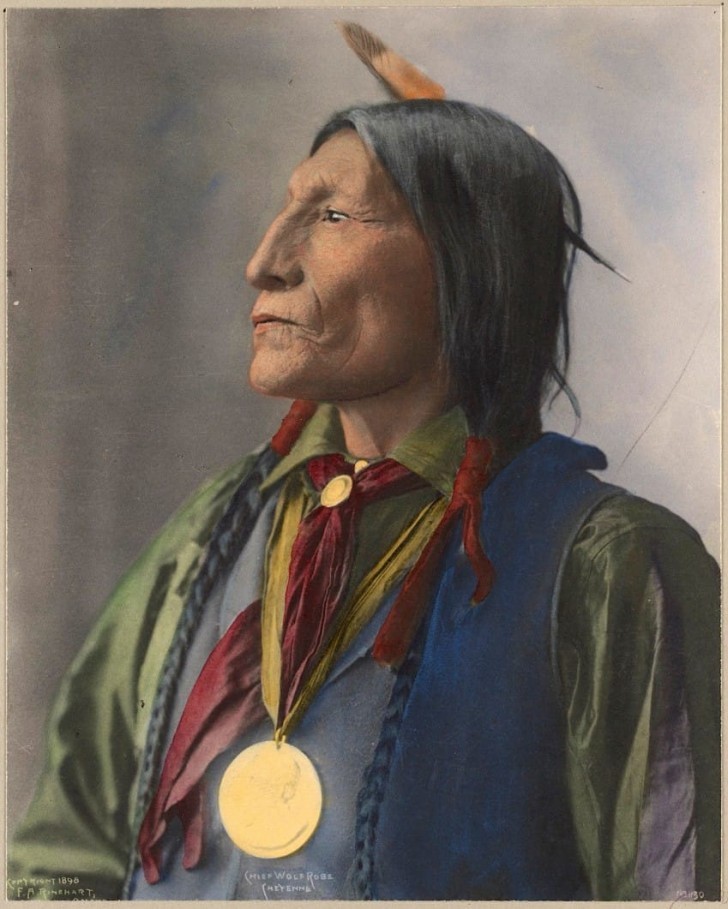
Facebook / Moses on the Mesa (Paul Ratner)
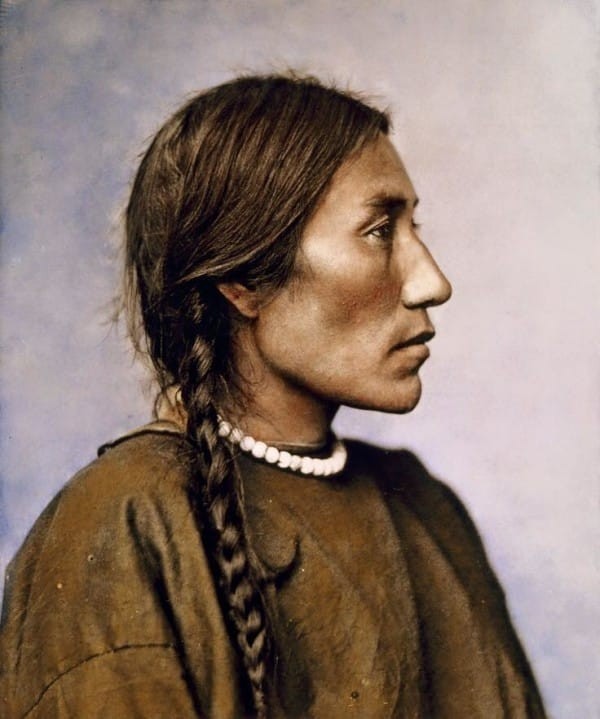
Facebook / Moses on the Mesa (Paul Ratner)
The destruction of the immense population of Native Americans took place between the end of the 15th and the 20th centuries (the number of Indians involved ranges from 50 to 100 million)
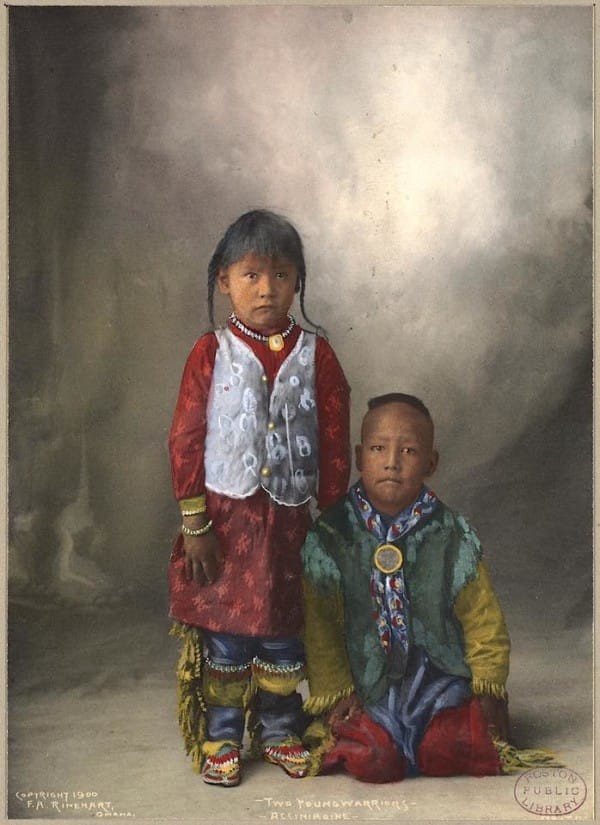
Facebook / Moses on the Mesa (Paul Ratner)
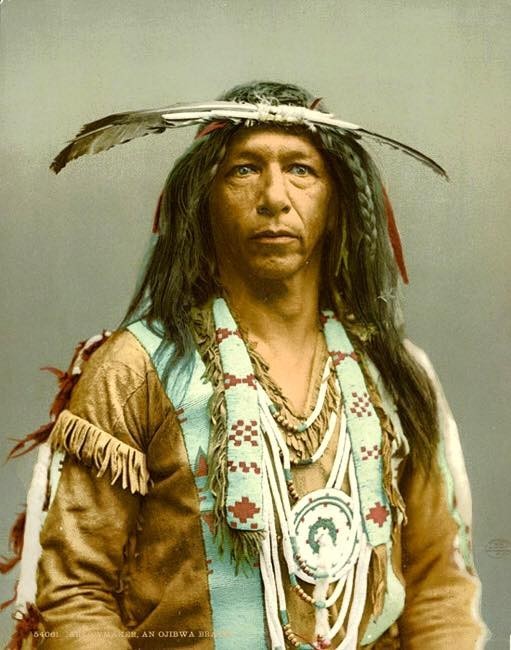
Facebook / Moses on the Mesa (Paul Ratner)
These photos show us a people closely connected with nature and freedom during a time that no longer exists today.
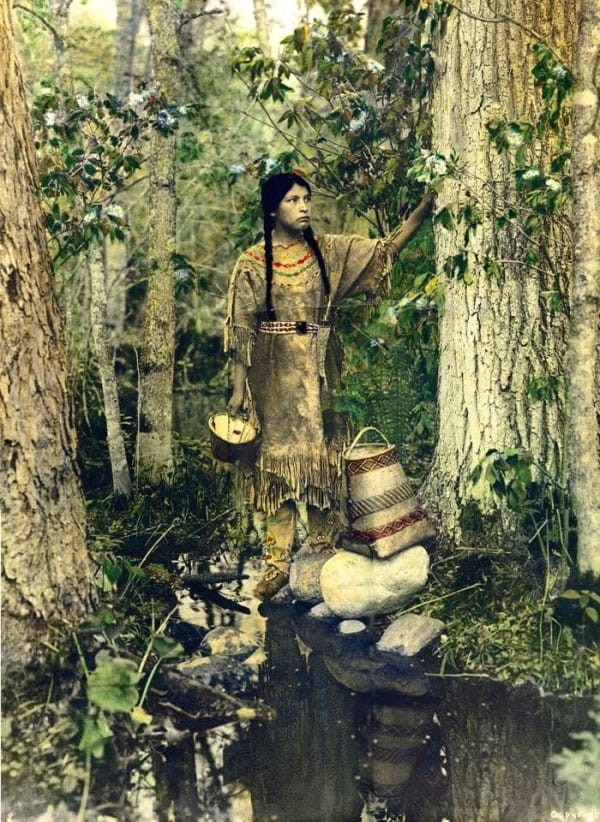
Facebook / Moses on the Mesa (Paul Ratner)
